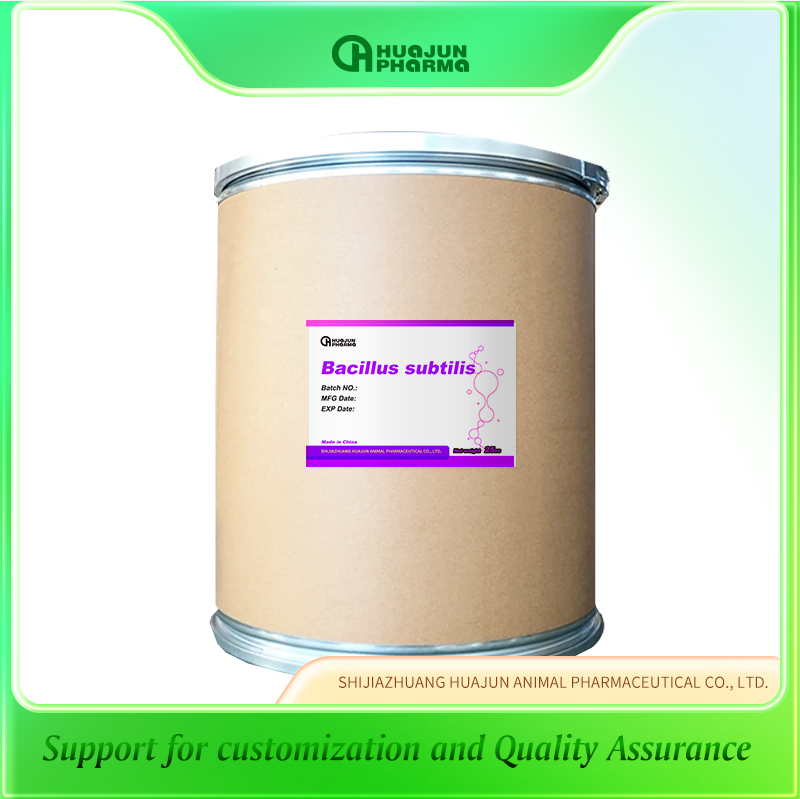
Nov . 10, 2024 01:05 Back to list
Emerging Trends and Challenges in Ulcerative Enteritis Across China
Understanding Ulcerative Enteritis in China Causes, Symptoms, and Management
Ulcerative enteritis is a serious inflammatory condition that affects the intestinal tract. This disease can lead to significant morbidity and, in some cases, mortality, particularly in specific populations at risk. This article aims to explore ulcerative enteritis in China, addressing its causes, symptoms, and potential management strategies.
What is Ulcerative Enteritis?
Ulcerative enteritis is characterized by inflammation, ulceration, and damage to the mucosal lining of the intestines. This condition can be acute or chronic and is often marked by symptoms such as diarrhea, abdominal pain, fever, and weight loss. Ulcerative enteritis can impact various age groups but is notably significant in children and elderly populations.
Causes and Risk Factors
The exact causes of ulcerative enteritis are multifactorial. While the disease’s precise etiology remains unclear, several contributing factors have been identified. Infectious agents, including bacteria, viruses, and parasites, can attack the intestinal walls, leading to inflammation and ulcers. In China, infections caused by pathogens such as *Salmonella*, *Shigella*, and *Escherichia coli* (E. coli) are prevalent, particularly in areas with poor sanitation.
Environmental conditions and lifestyle factors also play a significant role. China, with its vast population and varying degrees of sanitation and healthcare access, faces unique challenges. Urban areas might exhibit better healthcare facilities, but rural areas may struggle with access to clean water and safe food, increasing the risk of enteritis.
Additionally, dietary habits contribute to the incidence of ulcerative enteritis. A diet high in processed foods and low in fiber can affect gut health and increase susceptibility to gastrointestinal disorders. Furthermore, stress and certain medications, such as non-steroidal anti-inflammatory drugs (NSAIDs) and antibiotics, can disrupt the intestinal microbiome, leading to inflammation and potentially triggering ulcerative enteritis.
Symptoms of Ulcerative Enteritis
Recognizing the symptoms of ulcerative enteritis is crucial for timely diagnosis and management. Common symptoms include
- Diarrhea Often frequent and watery, sometimes with blood or mucus. - Abdominal Pain Cramping or sharp pain, typically in the lower abdomen. - Fever A mild to moderate fever may accompany the onset of symptoms. - Weight Loss Unintentional weight loss due to malnutrition or loss of appetite. - Fatigue Generalized weakness and tiredness due to dehydration and nutritional deficiencies.
china ulcerative enteritis

These symptoms can severely impact a person’s quality of life, necessitating immediate medical attention.
Diagnosis and Treatment
Diagnosing ulcerative enteritis involves a comprehensive assessment, including a clinical history, physical examination, stool tests, and imaging studies. Endoscopy may also be performed to visualize the intestines and obtain biopsies for further analysis.
Treatment for ulcerative enteritis typically involves conservative management strategies aimed at controlling symptoms and addressing the underlying causes. This may include
- Medications Anti-inflammatory drugs, antibiotics, and corticosteroids can help reduce inflammation and manage symptoms. In severe cases, immunosuppressants might be used.
- Dietary Changes A well-structured diet that is easy to digest and rich in nutrients can facilitate recovery. Patients are often advised to include probiotics to support gut health.
- Hydration Maintaining adequate hydration is essential, especially if the patient experiences significant diarrhea.
- Surgery In extreme cases where ulcerative enteritis leads to complications or does not respond to medical treatment, surgical intervention may be necessary to remove damaged sections of the intestines.
Conclusion
Ulcerative enteritis remains a pressing health concern in China, influenced by a combination of environmental, dietary, and lifestyle factors. Awareness and understanding of the disease are vital for prevention and effective management. By promoting better sanitation, healthcare access, and public health education, it is possible to reduce the incidence and impact of ulcerative enteritis on affected populations. Regular monitoring and prompt treatment can lead to improved outcomes and enhance the quality of life for individuals suffering from this debilitating condition.
-
Premium Honeysuckle Products - Leading Honeysuckle Manufacturer & Supplier Factory
NewsJun.10,2025
-
Pulmonary Edema Solutions from Leading Manufacturer & Supplier Reliable Factory Price
NewsJun.10,2025
-
Red Eyes - Leading Red Eyes Manufacturer & Supplier, Premium Quality Factory Price
NewsJun.10,2025
-
Broiler Ascites Syndrome Solutions Top Manufacturers
NewsJun.10,2025
-
Premium Amoxicillin Suppliers Reliable Biomox Mexican Factories
NewsJun.10,2025
-
Top Brewing Cell Wall Solutions Optimized Efficiency
NewsJun.09,2025




